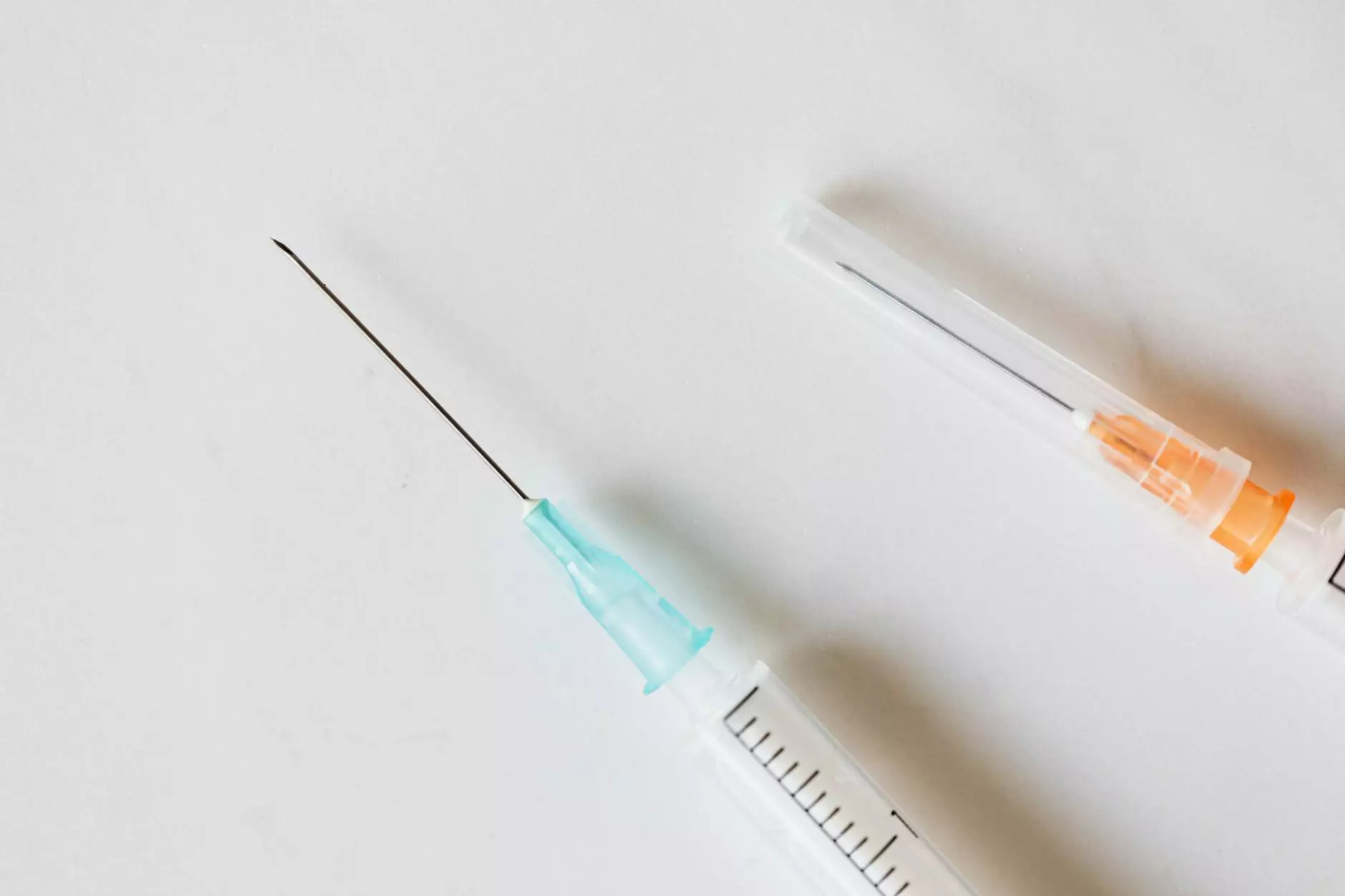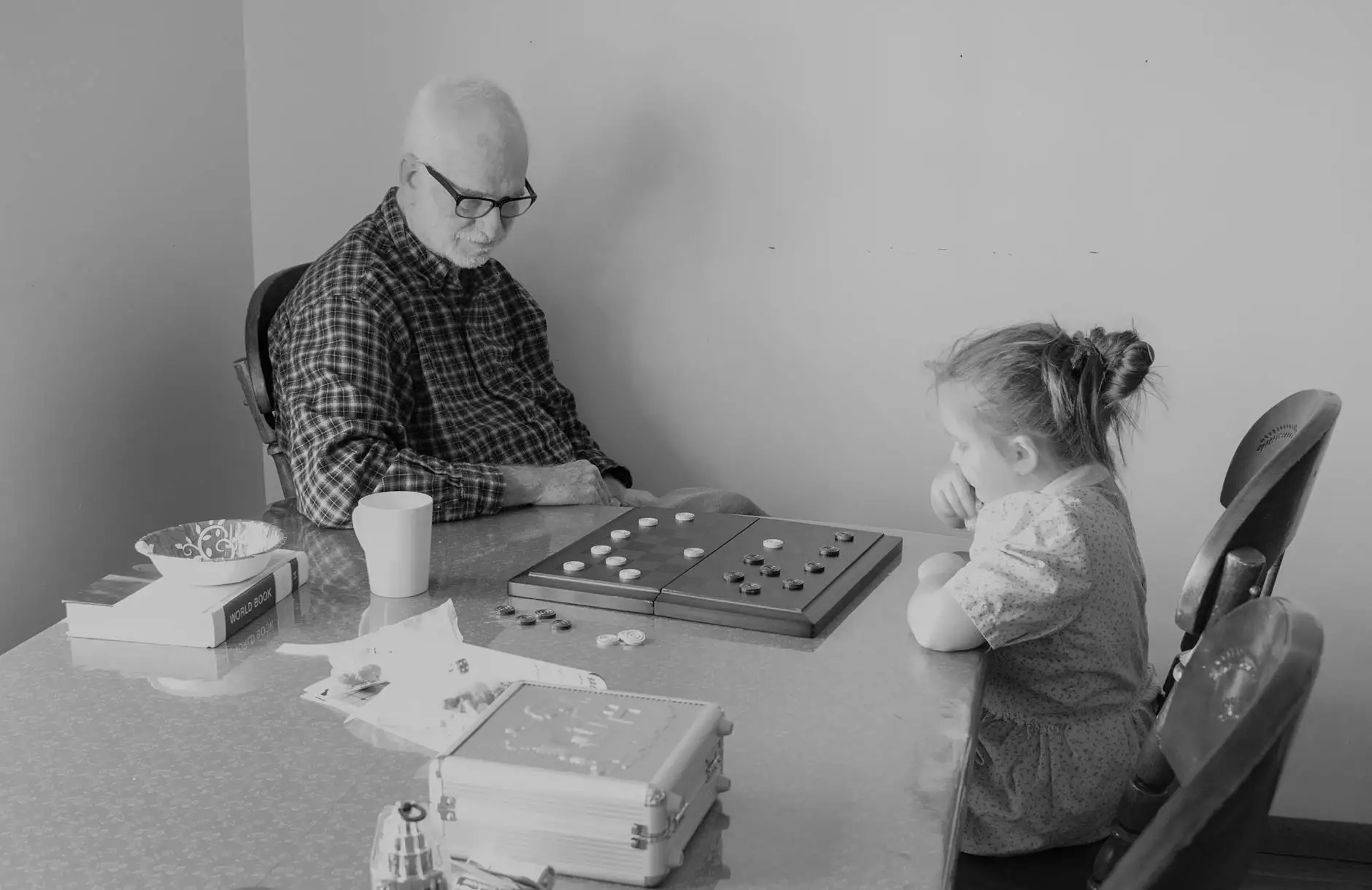Understanding Pharmacy and Addiction Medicine: A Comprehensive Guide

In today's fast-paced world, healthcare is at the forefront of public consciousness. Two critical elements of this landscape are pharmacies and addiction medicine. Understanding these sectors can significantly impact the quality of care received by individuals battling various health issues, particularly addiction. In this article, we delve deeply into these fields to provide insights that not only inform but also empower readers.
What is a Pharmacy?
A pharmacy is not merely a place where medications are dispensed. It is a crucial component of the healthcare system. Pharmacies provide a variety of services beyond filling prescriptions, which include:
- Medication Management: Pharmacists play a vital role in ensuring patients use their medications safely and effectively.
- Health Screenings: Many pharmacies offer health screenings for conditions such as hypertension and diabetes.
- Immunizations: Pharmacists can administer vaccines, enabling greater accessibility to preventive care.
- Patient Counseling: Educating patients on their medications, potential side effects, and interactions.
Types of Pharmacies
There are several types of pharmacies that cater to different needs:
- Retail Pharmacies: These are the most common and are typically found in supermarkets or standalone locations.
- Hospital Pharmacies: Located within hospitals, they focus on providing medications to inpatients.
- Compounding Pharmacies: These pharmacies create customized medications tailored to the specific needs of patients.
- Online Pharmacies: Offering the convenience of ordering medications via the internet, they must comply with specific regulations.
The Role of Addiction Medicine
Addiction medicine focuses on the treatment of individuals struggling with addiction and substance use disorders. The goal is to restore health and promote recovery. Key components include:
- Assessment: Thorough evaluation of the patient's history and current substance use to create a tailored treatment plan.
- Detoxification: Safely managing withdrawal symptoms through medical supervision.
- Rehabilitation Programs: Structured programs that may include both inpatient and outpatient services.
- Aftercare Support: Ongoing support and counseling to help individuals maintain recovery and prevent relapse.
Common Substance Use Disorders
Several substances can lead to dependence and addiction, creating significant barriers to health and well-being. Some of the most common disorders include:
- Alcohol Use Disorder: A chronic disease characterized by an inability to control alcohol consumption.
- Opioid Use Disorder: Dependency on prescription pain relievers or illegal opioids, leading to serious health risks.
- Stimulant Use Disorder: Involves the misuse of stimulants such as cocaine and methamphetamine.
- Benzodiazepine Dependence: A growing concern, often linked to the prolonged use of medications like Xanax.
Crisis of Addiction: Addressing the Epidemic
The opioid crisis and rising rates of addiction have drawn attention to the need for effective treatment options. Society must recognize that addiction is a disease requiring comprehensive medical intervention. Here are essential approaches being implemented:
- Education and Prevention: Programs aimed at educating the public about the risks of substance misuse.
- Accessible Treatment: Increasing access to addiction treatment facilities and support services.
- Policy Changes: Implementing policies that support recovery-based practices and comprehensive insurance coverage for addiction treatments.
Pharmacy's Role in Addiction Treatment
Pharmacies play a significant role in managing medications for individuals recovering from addiction. Here’s how:
- Medication-Assisted Treatment (MAT): Utilizes medications such as buprenorphine or methadone to help treat opioid addiction.
- Education: Pharmacists educate patients about the importance of adhering to treatment plans and managing medications.
- Disposal Programs: Providing safe disposal options for unused medications to mitigate the risk of misuse.
Finding the Right Resources
For individuals and families facing addiction challenges, knowing where to turn for help is crucial. Here are some valuable resources:
- National Helpline: 1-800-662-HELP (4357) - Provides free and confidential information in English and Spanish, 24/7.
- Substance Abuse and Mental Health Services Administration (SAMHSA): Offers a treatment locator to find help in your area.
- Local Support Groups: Organizations like Alcoholics Anonymous (AA) and Narcotics Anonymous (NA) provide community support.
Conclusion: The Importance of Integrated Care
The integration of pharmacy services and addiction medicine offers a pathway to recovery for many individuals struggling with substance use disorders. It is paramount for healthcare providers, pharmacists, patients, and families to collaborate towards achieving better health outcomes. Addiction is a complex issue that requires not only medical treatment but also compassion, understanding, and unwavering support.
The journey to recovery is challenging, but with the right resources, treatments, and support systems, individuals can overcome addiction and lead fulfilling lives. For more information and resources on addiction treatment and pharmacy services, visit https://alprazolam-xanax.com.









